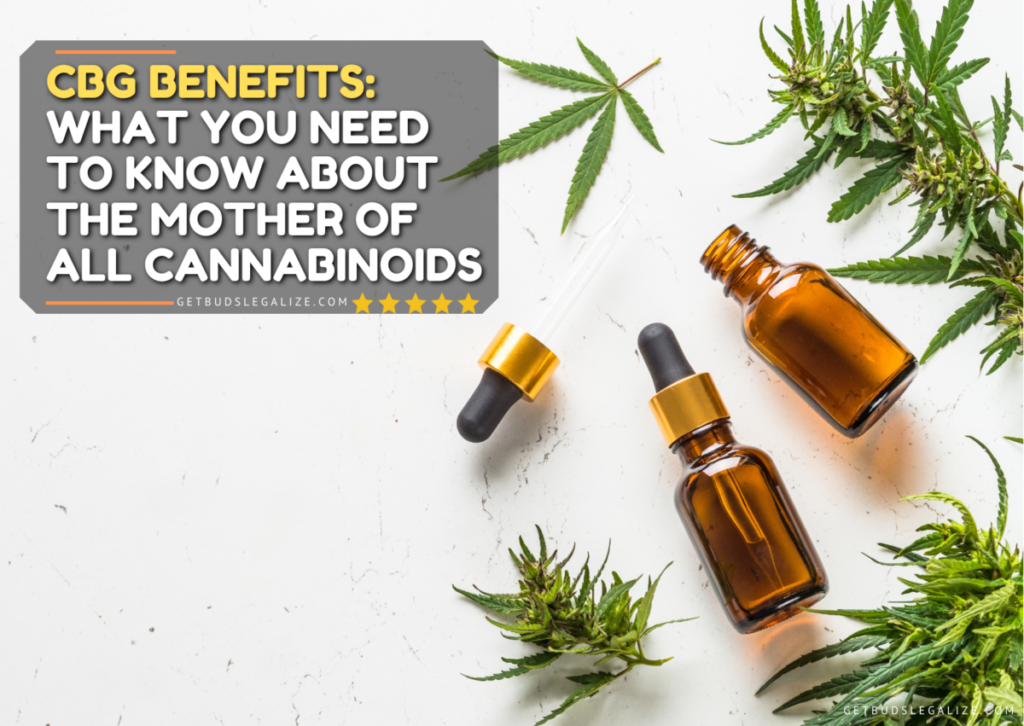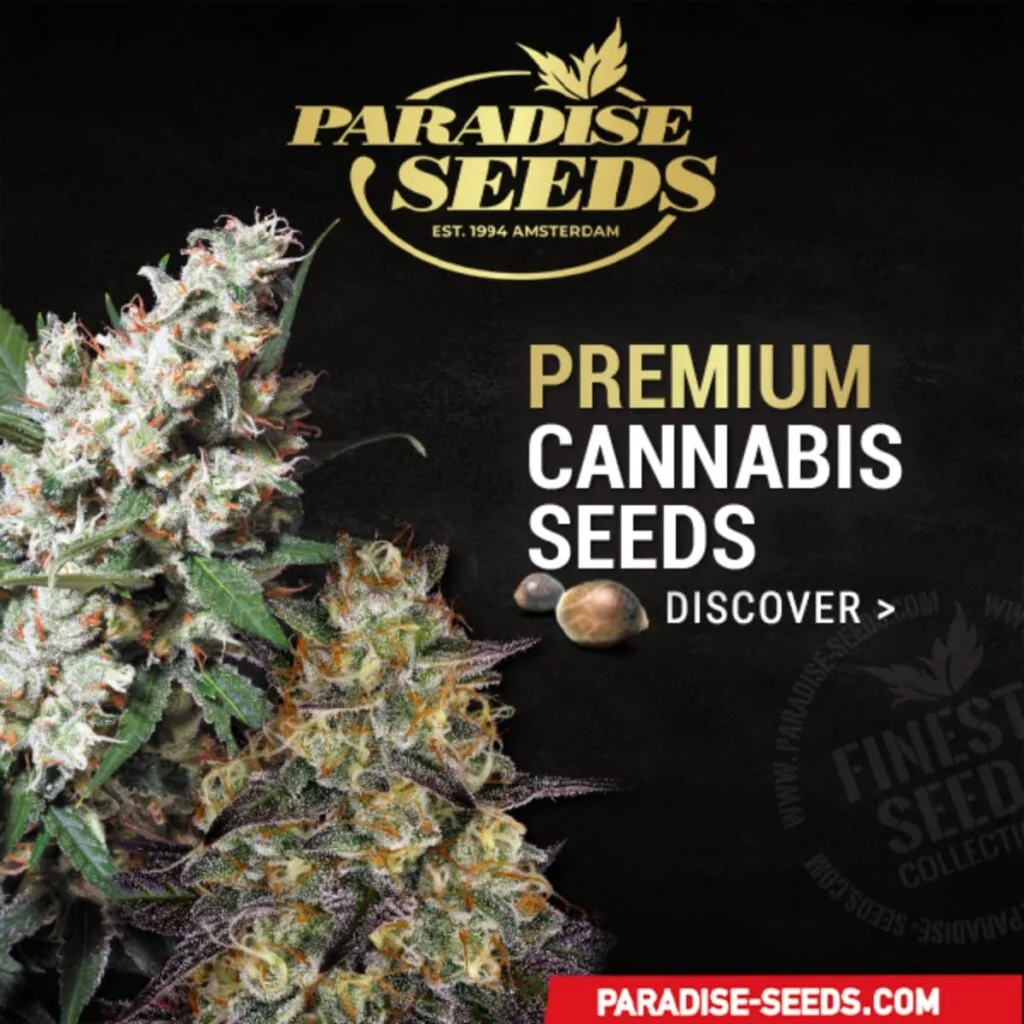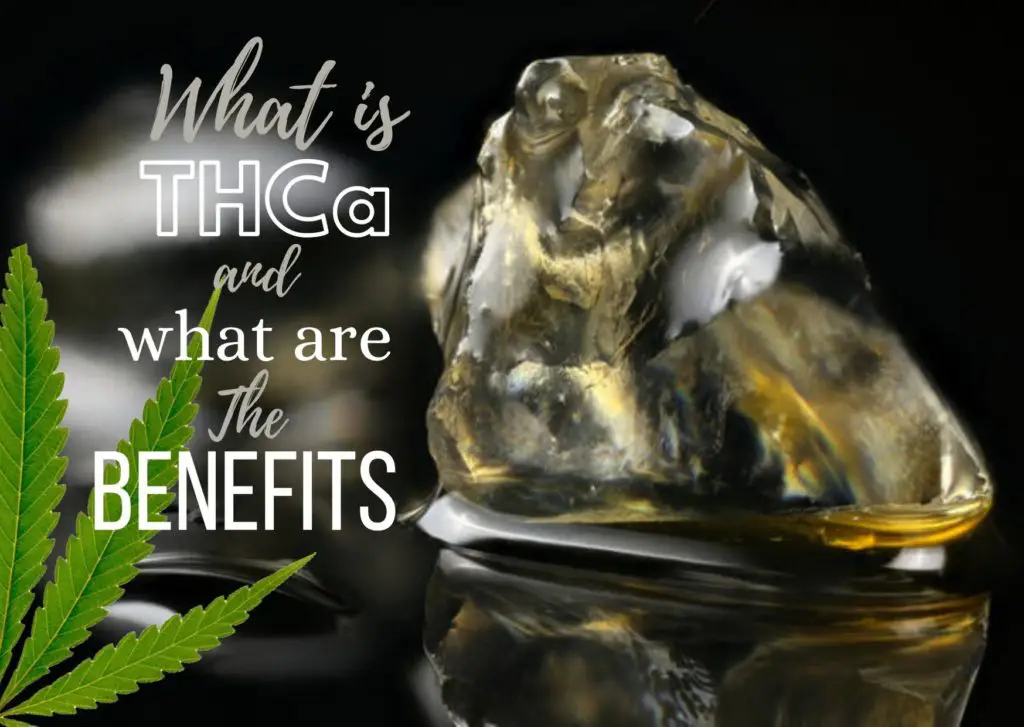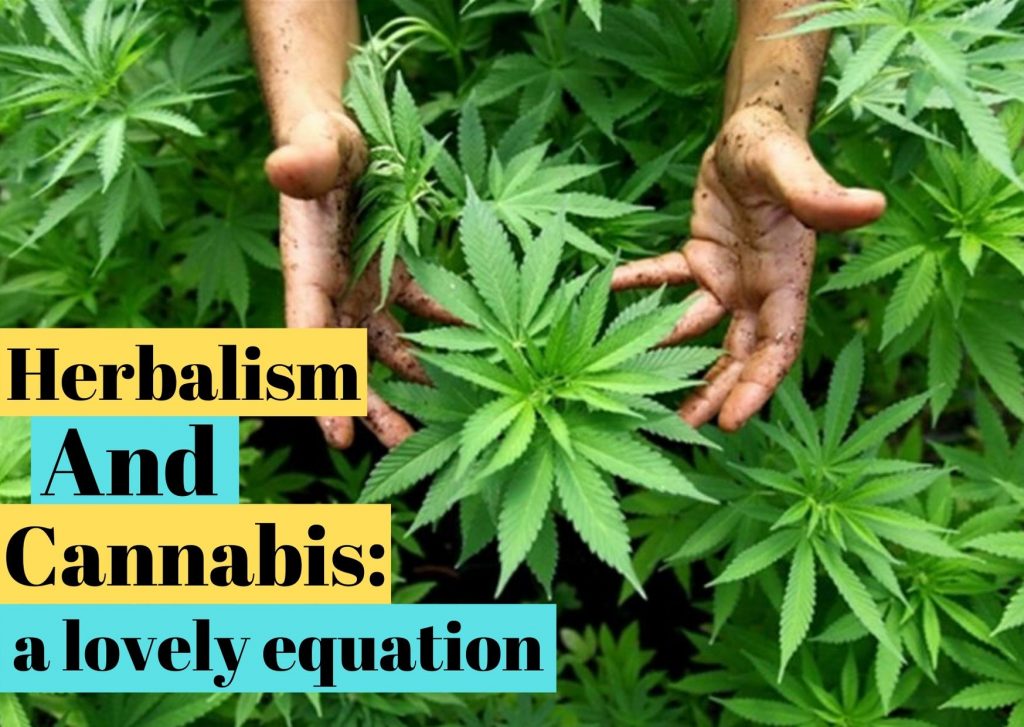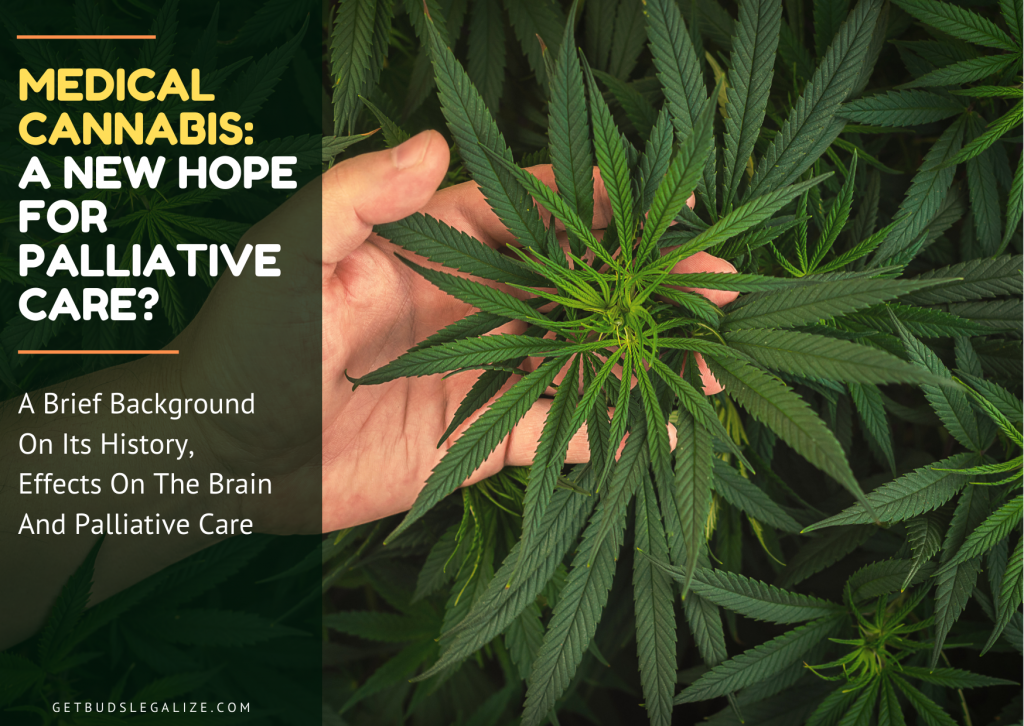CBG Benefits: What You Need to Know About the Mother of All Cannabinoids
If you are familiar with CBD, you may have heard of another cannabinoid called CBG. CBG stands for cannabigerol, and it is often referred to as the mother of all cannabinoids. This is because CBG is the precursor of other cannabinoids, such as CBD and THC. As the cannabis plant matures, CBG is converted into these other compounds, leaving only a small amount of CBG in the final product.
However, CBG is not just a building block for other cannabinoids. It also has unique properties and benefits that make it worth exploring. In this blog post, we will explain what CBG is, how it works, and what are some of the potential benefits of using CBG products.
What Is CBG?
CBG is one of the many cannabinoids found in the cannabis plant. Cannabinoids are chemical compounds that interact with our endocannabinoid system (ECS), a network of cannabinoid receptors and molecules that regulate various functions in our body, such as mood, pain, inflammation, appetite, sleep, and more.
Unlike THC, CBG does not have psychoactive effects, meaning it will not get you high or impair your cognition. CBG may counteract some of the negative effects of THC, such as anxiety or paranoia. CBG also has a different chemical structure than CBD, which means it may have different effects and benefits.
How Does CBG Work?
CBG works by binding to both CB1 and CB2 receptors in our ECS. CB1 receptors are mainly located in the brain and nervous system, while CB2 receptors are found in the immune system and other organs. By activating both types of receptors, CBG may have a wide range of effects on our body and mind.
CBG also influences the levels of other neurotransmitters in our brain, such as serotonin and GABA. Serotonin is responsible for our mood, happiness, and well-being, while GABA is involved in calming our nervous system and reducing stress. By modulating these neurotransmitters, CBG may help with anxiety, depression, and other mental health issues.
What Are the Therapeutic Benefits of CBG?
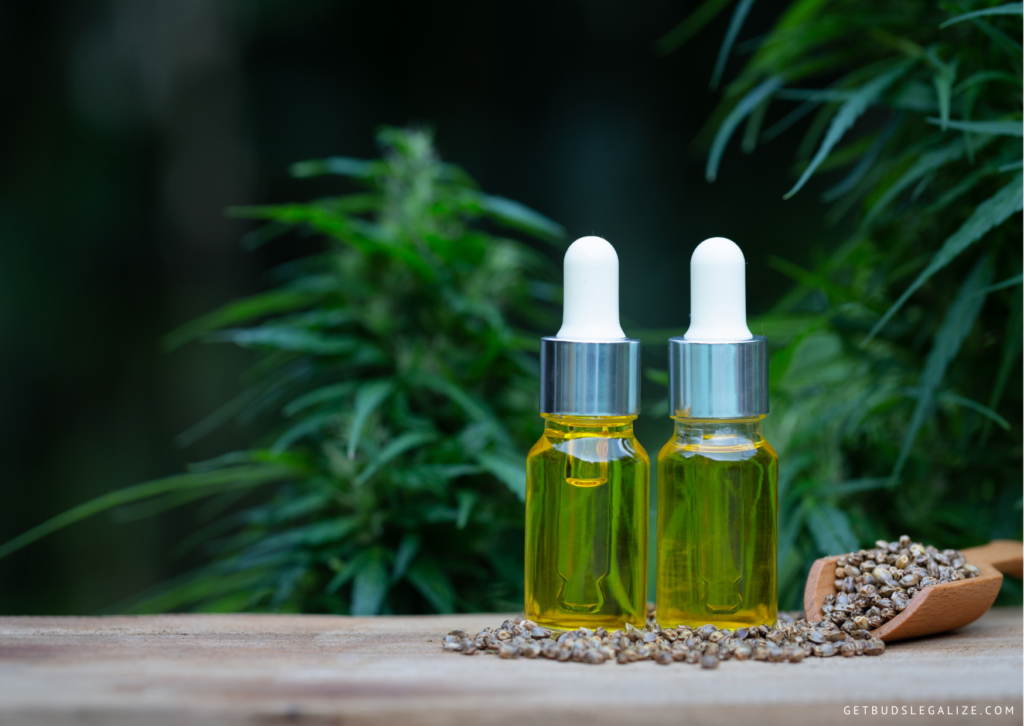
CBG has been shown to have various beneficial effects in preclinical studies, such as:
- Anti-inflammatory: CBG can reduce inflammation in various conditions, such as inflammatory bowel disease (IBD), arthritis, skin disorders, and neurodegenerative diseases. CBG can also inhibit the production of pro-inflammatory cytokines, which are molecules that trigger inflammation in response to infection or injury.
- Antibacterial properties: CBG has potent antibacterial and antifungal properties that can fight against resistant strains of bacteria such as MRSA. CBG can also inhibit biofilm formation, which is a protective layer that bacteria create to resist antibiotics.
- Anticancer: CBG effects can inhibit the growth and spread of various types of cancer cells, such as prostate, colon, breast, and leukemia. CBG can also induce apoptosis (programmed cell death) and autophagy (cellular recycling) in cancer cells, as well as prevent angiogenesis (the formation of new blood vessels that feed tumors).
- Neuroprotective: CBG can protect the brain from damage caused by oxidative stress, inflammation, and excitotoxicity (overstimulation of nerve cells). CBG can also improve motor function and cognition in animal models of Huntington’s disease, Parkinson’s disease, and Alzheimer’s disease.
- Analgesic: CBG can relieve pain by activating TRPV1 receptors, which are involved in pain perception and regulation. CBG can also enhance the pain-relieving effects of THC by preventing its breakdown in the body.
- Anxiolytic and antidepressant: CBG can reduce anxiety and depression by inhibiting the reuptake of serotonin and GABA, which are neurotransmitters that regulate mood and emotion. CBG can also modulate the effects of THC on anxiety and paranoia by blocking its binding to CB1 receptors.
- Appetite stimulant: CBG can increase a healthy appetite by activating ghrelin receptors, which are hormones that signal hunger to the brain. CBG can also enhance taste perception and food intake by interacting with TRPV1 receptors in the mouth.
- Glaucoma treatment: CBG can lower intraocular pressure (IOP), which is a major risk factor for glaucoma. CBG can also improve blood flow to the eye and protect retinal cells from damage.
- Bladder dysfunction treatment: CBG can reduce bladder contractions and increase bladder capacity by inhibiting acetylcholine receptors, which are involved in muscle contraction. This may help with symptoms of overactive bladder syndrome (OAB) and urinary incontinence.
What Are the CBG Side Effects?
like any substance, CBG may also have some side effects that you should be aware of before using it. We will explore what are, how common they are, and how to avoid or manage them.
Commons Side Effects are:
According to some studies and anecdotal reports, some of the possible common side effects include:
- Dizziness
- Changes in appetite
- Digestive system upset (stomach aches, nausea, diarrhea)
- Drowsiness
- Headaches
- Dry mouth
These side effects are similar to those of CBD, another popular cannabinoid that is widely used for its therapeutic properties. They are usually mild and temporary and may depend on factors such as the dose, the method of consumption, the quality of the product, and the individual’s sensitivity and tolerance.
How to Avoid or Manage Side Effects derived from CBG Use
If you want to use CBG for its potential benefits but are concerned about its side effects, here are some tips that may help you:
- Start low and go slow. Begin with a low dose of CBG and gradually increase it until you find the optimal amount that works for you. This way, you can avoid taking too much CBG at once and reduce the risk of adverse reactions.
- Choose a reputable brand. Not all CBG products are created equal. Some may contain contaminants, additives, or inaccurate amounts of CBG that can affect their safety and effectiveness. To ensure that you are getting a high-quality product, look for brands that use organic hemp, third-party lab testing, and transparent labeling.
- Drink plenty of water. One of the most common side effects of CBG is dry mouth, which can cause discomfort and increase the risk of dental issues. To prevent or relieve dry mouth, drink plenty of water before and after taking CBG. You can also chew sugar-free gum or use a mouth spray to stimulate saliva production.
- Take CBG with food. Another common side effect of CBG is digestive system upset, which can cause nausea, stomach aches, or diarrhea. To avoid or minimize this side effect, take CBG with food or after a meal. This can help slow down the absorption of CBG and reduce its impact on your stomach.
- Avoid driving or operating machinery. One of the possible side effects of CBG is drowsiness, which can impair your alertness and coordination. To prevent accidents or injuries, avoid driving or operating machinery after taking CBG. You can also take CBG at night or before bed to improve your sleep quality and avoid daytime drowsiness.
CBG vs CBD: What are the Differences?
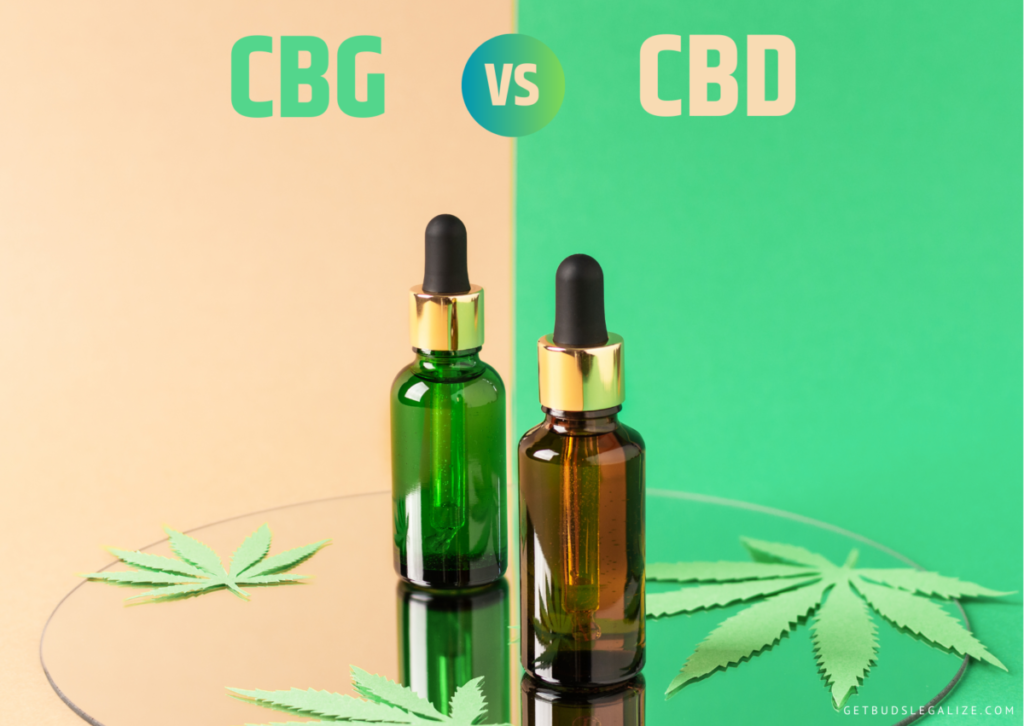
CBG and CBD are two cannabinoids that are present in the cannabis plant. They have different molecular structures, effects, and benefits for human health.
CBG is derived from cannabigerolic acid (CBGA), which is the precursor of other cannabinoids such as CBD and THC. CBG has shown potential in preclinical studies for its analgesic, antidepressant, antibacterial, and anti-cancer properties. CBG may also boost energy levels and modulate the immune response. CBG interacts with both CB1 and CB2 receptors in the endocannabinoid system (ECS), as well as other pathways that regulate pain perception and inflammation.
CBD stands for cannabidiol, and it is a major cannabinoid that is abundant in cannabis and hemp plants. CBD is derived from cannabidiolic acid (CBDA), which is one of the products of CBGA transformation. CBD has been extensively researched for its therapeutic effects on various medical conditions, such as epilepsy, multiple sclerosis, anxiety, chronic pain, and insomnia. CBD has anti-inflammatory, neuroprotective, anticonvulsant, anxiolytic, and sedative properties. CBD does not directly bind to CB1 and CB2 receptors but rather influences their activity indirectly. CBD may also interact with other receptors and enzymes that are involved in mood regulation, memory formation, and stress response.
Both CBG and CBD are non-psychoactive cannabinoids, meaning they do not cause high or impair cognitive functions. They also have a good safety profile and are well-tolerated by most people. However, they may have some side effects or interactions with certain medications, so it is advisable to consult a doctor before using them. Moreover, both CBG and CBD may enhance each other’s effects when taken together, due to the entourage effect. This means that a combination of cannabinoids may produce a greater benefit than a single one. Therefore, some people may prefer to use full-spectrum or broad-spectrum products that contain both CBG and CBD, along with other cannabinoids and terpenes.
CBG Concentrate vs Oil vs Gummies
If you are interested in trying CBG (cannabigerol), you may be wondering what is the best way to consume it. CBG is gaining popularity for its potential benefits, however, not all CBG products are created equal and there are several advantages and disadvantages to each form of consumption. Let’s compare three common types of CBG products: concentrate, oil, and gummies, evaluating their pros and cons.
What is CBG concentrate?
CBG concentrate is a highly potent form of CBG that is extracted from the hemp plant using various methods, such as CO2 extraction or ethanol extraction. CBG concentrate can come in different forms, such as wax, shatter, crumble, or isolate. CBG concentrate can be consumed by dabbing, vaping, or adding it to food or drinks. However, dabbing and vaping require special equipment and may not be suitable for everyone.
What are the pros and cons of CBG concentrate?
Pros:
- Has a high bioavailability, which means it can enter your bloodstream quickly and efficiently.
- Allows you to consume a large amount of CBG in a small dose.
- Can be more cost-effective than other forms of CBG per milligram.
Cons:
- Can be difficult to measure and dose accurately.
- Can have a strong taste and smell that some people may find unpleasant.
- Can be harsh on your lungs and throat if you dab or vape it.
What is CBG oil?
CBG oil is a liquid form of CBG that is infused with carrier oil, such as hemp seed oil or MCT oil. The oil can be consumed by placing a few drops under your tongue (sublingually) or by adding it to food or drinks, or can also be applied topically to your skin for localized benefits.
What are the pros and cons of CBG oil?
Pros:
- Has moderate bioavailability, which means it can enter your bloodstream fairly quickly and effectively when taken sublingually.
- A allows you to adjust your dosage easily by using a dropper.
- Can be flavored or blended with other oils to make it more palatable.
Cons:
- Can have a bitter or earthy taste that some people may not like.
- Can be messy or leaky if not stored properly.
- Can interact with some medications or supplements if taken orally.
What are CBG gummies?
Gummies are edible candies that are infused with a pre-measured amount of CBG. Gummies can be consumed by chewing and swallowing them. They come in various shapes, colors, and flavors to suit your preferences.
What are the pros and cons of CBG gummies?
Pros:
- Have low bioavailability, which means they can enter your bloodstream slowly and steadily over time.
- Offer a discreet and convenient way to consume CBG without any equipment or preparation.
- Have a delicious taste and texture that can mask the hemp flavor.
Cons:
- Have a lower potency than other forms of CBG per milligram.
- May contain added sugar, artificial colors, or preservatives that some people may want to avoid.
- May take longer to kick in than other forms of CBG.
Which form of CBG is right for you?
The answer depends on your personal preferences, goals, and lifestyle. You may want to consider factors such as:
- How much CBG do you want to consume?
- How fast do you want to feel the effects of CBG?
- How long do you want the effects of CBG to last?
- How do you want to consume CBG?
- How do you want to store and transport your CBG products?
- How much are you willing to spend on your CBG products?
There is no definitive answer to which product is better, as they both have their pros and cons. The best way to find out which one works for you is to experiment with different products and dosages and monitor your results.
However, before you try any CBG product, make sure to consult with your doctor, especially if you have any medical condition or take any medication. Also, make sure to buy your products from reputable sources that provide third-party testing and certificates of analysis.
CBG is a promising cannabinoid that may offer various benefits for your health and well-being. Whether you choose concentrate, gummies, or oil, you can enjoy the potential of this natural compound.
How to Enhance the Effects of CBG and make the most out of this powerful cannabinoid?
Here are some tips to help you.
- Only Use CBG When You Need It: First and foremost, you should only use CBG when you need it. Since CBG binds to both CB1 and CB2 receptors in the endocannabinoid system, it can affect many functions and processes in the body. However, this also means that CBG can interfere with the natural balance of endocannabinoids that your body produces. If you use CBG too frequently or excessively, you may develop a tolerance or dependence on it, and reduce its effectiveness over time. Therefore, it is advisable to use CBG only when you have a specific condition or symptom that you want to address, and not as a daily supplement or recreational substance.
- Build Good Lifestyle Habits: The second most important aspect of maximizing the benefits of CBG is to include other healthy lifestyle habits that can support your endocannabinoid system and overall well-being. For example, you should eat a balanced diet that provides essential nutrients and antioxidants for your body. You should also exercise regularly, get enough sleep, manage your stress levels, and avoid smoking or drinking alcohol excessively. These habits can help your body produce more endocannabinoids naturally, and also reduce inflammation, oxidative stress, pain, anxiety, depression, and other factors that can impair your endocannabinoid system and lower your response to CBG.
- Introduce Other Cannabinoids: Another way to enhance the effects of CBG is to introduce other cannabinoids that can work synergistically with it. This is known as the entourage effect, which refers to the phenomenon where different cannabinoids and terpenes (the aromatic compounds in cannabis) can modulate each other’s effects and create a more potent and balanced outcome than any single compound alone. For example, CBD can enhance the anti-inflammatory and anti-anxiety effects of CBG, while THC can enhance the pain-relieving and appetite-stimulating effects of CBG. However, you should be careful with the dosage and ratio of different cannabinoids, as some combinations may cause unwanted side effects or interactions. You should also consult your doctor before using any cannabis products, especially if you have a medical condition or take any medications.
- Choose High-Quality Products: Finally, you should choose high-quality products that contain pure and potent CBG extracts. Not all CBG products are created equal, and some may contain low concentrations of CBG or high concentrations of other cannabinoids or contaminants that can affect their efficacy and safety. Therefore, you should look for products that are made from organic hemp or cannabis plants that are grown without pesticides or herbicides. You should also look for products that are tested by third-party labs for their cannabinoid profile and purity. You should avoid products that contain artificial additives, preservatives, or flavors that can compromise their quality and bioavailability.
Final Thoughts
CBG is a powerful cannabinoid that has many potential benefits for various conditions and symptoms. However, it is not very abundant in most cannabis strains, and it can be expensive and hard to find. Therefore, you should follow these tips to enhance the effects of CBG and make the most out of this rare cannabinoid:
- Only use CBG when you need it
- Build good lifestyle habits
- Introduce other cannabinoids
- Choose high-quality products
By doing so, you can enjoy the full CBG benefits and improve your health and well-being.
Frequently Asked Questions
CBG, or cannabigerol, is one of the many cannabinoids found in cannabis plants. Unlike THC, which is the main psychoactive compound in cannabis, CBG does not produce intoxicating effects when consumed. CBG may have some benefits, such as the reduction of inflammation, pain, and nausea, but more research is needed to confirm its safety and efficacy. CBG is usually present in low concentrations in most cannabis strains, so it may be difficult to find products that contain high levels of CBG.
Some of the CBG benefits for brain include:
- Neuroprotection: CBG may protect the brain from damage caused by oxidative stress, inflammation, or neurodegeneration. CBG has been found to reduce the accumulation of toxic proteins that are associated with Alzheimer’s disease and Huntington’s disease. CBG may also prevent the loss of neurons and improve cognitive function in animal models of these diseases.
- Neurogenesis: CBG may stimulate the growth of new brain cells, especially in the hippocampus, which is involved in memory and learning. CBG may enhance neurogenesis by activating the endocannabinoid system, which regulates various aspects of brain development and plasticity. CBG may also modulate the expression of genes that are involved in neurogenesis.
- Antidepressant and anxiolytic: CBG may have antidepressant and anxiolytic effects by increasing the levels of serotonin and dopamine in the brain. Serotonin and dopamine are neurotransmitters that regulate mood, motivation, and reward. CBG may also interact with serotonin receptors and enhance their signaling.
- Anti-inflammatory and analgesic: CBG may have anti-inflammatory and analgesic effects by inhibiting the enzymes that produce pro-inflammatory molecules called prostaglandins. Prostaglandins are involved in pain perception and inflammation in the brain and body. CBG may also reduce the activity of microglia, which are immune cells that can cause neuroinflammation.
Some of the skin benefits of CBG are:
- It has antioxidant properties that can protect the skin from free radical damage and premature aging. Free radicals are unstable molecules that can cause oxidative stress and damage the skin cells. CBG can help to neutralize these harmful molecules and prevent them from causing wrinkles, sagging, and dullness.
- It has antibacterial and antifungal properties that can help to fight acne and other skin infections. CBG can inhibit the growth of bacteria and fungi that can cause inflammation, redness, and breakouts on the skin. CBG can also reduce the production of sebum, which is the oily substance that clogs the pores and contributes to acne.
- It has moisturizing properties that can help to hydrate and nourish the skin. CBG can enhance the ability of skin cells to retain moisture and prevent transepidermal water loss, which is the evaporation of water from the skin’s surface. CBG can also balance the skin’s oil production and prevent it from becoming too dry or too oily.
CBG is a promising ingredient for skin care products that can address various skin concerns and improve the overall appearance and health of the skin. CBG can be applied topically or taken orally to enjoy its benefits. However, it is important to consult a doctor before using any cannabinoid product, especially if you have any medical condition or are taking any medication.. However, it is important to consult a doctor before using any cannabinoid product, especially if you have any medical condition or are taking any medication.
If you are wondering whether CBG products will make you fail a drug test, the answer is not straightforward. Drug tests typically do not screen for CBG specifically, but for THC, the psychoactive compound that causes a high. THC is also a cannabinoid found in cannabis plants, and it can be present in trace amounts in some CBG products, especially those that are full-spectrum. Full spectrum means that the product contains all the chemical compounds and cannabinoids found naturally in the cannabis plant, including THC.
Depending on the type of drug test performed, the amount of THC in the system, and other factors such as frequency of use and metabolism, products containing CBG could potentially trigger a positive result on a drug test. This is because CBG and THC could look similar on a chemical level to some testing methods, such as immunoassays. Immunological tests are common screening tests that look for chemicals that resemble the active compound THC in blood samples and urine. However, these tests are not very accurate and can produce false positives or false negatives.
To confirm a positive result from an immunoassay, a more advanced testing method called mass spectrometry is often used. Mass spectrometry can detect compounds based on their unique chemical structures and can differentiate between CBG and THC. However, mass spectrometry is more expensive and time-consuming than immunoassays and is not always available or required.
Therefore, if you are planning to take a drug test soon, it is best to avoid using CBG products that contain any amount of THC. You can look for products that are labeled as broad-spectrum or isolate. Broad-spectrum means that the product contains all the cannabinoids and other compounds except for THC. Isolate means that the product contains only pure CBG and no other compounds. You can also check the lab reports or certificates of analysis (COAs) of the products to verify their cannabinoid content and purity.
However, even if you use THC-free CBG products, there is still a slight chance that you could fail a drug test due to cross-contamination or human error. Therefore, it is always advisable to consult with your doctor before using any CBG products and inform them of any drug tests you may have to take. You should also be aware of the legal status of CBG products in your area and follow any regulations or restrictions that may apply.
CBG is not psychoactive, which means it does not cause a high or alter your perception of reality. CBG may make you feel relaxed, calm, and focused, but it will not impair your judgment or cognition.
CBG has several potential benefits for the body, such as enhancing mood, reducing inflammation, relieving pain, fighting bacteria, and protecting neurons. CBG may also interact with other cannabinoids to modulate their effects. CBG is usually present in low amounts in most cannabis strains, but some breeders have developed high-CBG varieties that can be extracted and consumed as edibles, oils, or tinctures.
CBG and CBD are both cannabinoids present in cannabis plants. They have different chemical structures and interact with the endocannabinoid system in different ways. CBG is a minor cannabinoid that is the precursor of other cannabinoids, while CBD is a major cannabinoid that has many documented health benefits. Both CBG and CBD are non-psychoactive and may have analgesic, anti-inflammatory, antibacterial, and neuroprotective properties. However, there is no definitive answer to which one is stronger, as they may have different effects on different people and conditions. The best way to find out which one works better for you is to try them yourself or consult with a medical professional.
CBG and CBD are two of the many cannabinoids found in cannabis plants. They have different effects on the body and mind, but they also share some benefits. Some of the benefits of CBG and CBD are:
- They can reduce inflammation and pain, especially for chronic conditions like arthritis and neuropathy.
- They can improve mood and mental health, by relieving anxiety, depression, and stress.
- They can support the immune system and fight infections, by modulating the activity of immune cells and cytokines.
- They can protect the brain and nervous system, by preventing neurodegeneration and promoting neurogenesis.
- They can enhance the effects of other cannabinoids, by interacting with the endocannabinoid system and its receptors.
CBG and CBD are generally safe and well-tolerated, but they may have some side effects or interactions with other medications. It is advisable to consult a doctor before using them for medical purposes.

